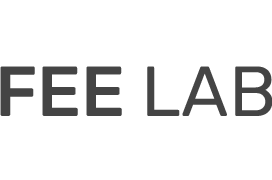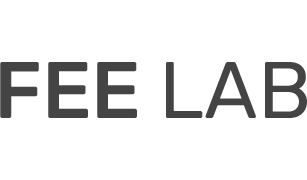Mentoring and Diversity
Mentorship in the Fee Lab
As a mentor my goal is simple: to help young scientists become successful independent researchers.
This mission is reflected in every aspect of being a graduate student or post-doc in the lab, beginning with the choice of project. You are the leader of your project. We will consult and discuss what you would like to do, but you will choose your project, it will not be assigned to you. Projects will often call for collaboration with others with helpful knowledge or technical expertise, but you will still be the leader.
How do I work with students? I enjoy having lots of interaction—there’s nothing I love more than sitting with a student to look at and discuss data. I don’t consider myself a micromanager; our discussions, analysis, and troubleshooting are intended to help students find a productive path through their projects.
Regular lab meetings provide additional opportunities for students to practice presenting their work within its context and significance, and to explore new ideas with colleagues. The discussions are vigorous and you can count on direct, honest feedback (the kind you might get from a tough reviewer).
I also want to emphasize that what makes me happy is the search for truth. We discuss lots of different hypotheses and ideas, and sometimes I’m fond of one idea. But when it comes to experiments and data analysis, I often say to students, “your job is to prove me wrong.” I don’t say this to encourage conflict, but to encourage each student to have the highest standards of integrity in their work, from hypothesis through experimental design and execution, to data collection and analysis.
Those who wish to learn more about the lab environment are encouraged to reach out to any current (or former) member of the lab for their honest thoughts on the training environment in the lab.
DEI in the Fee Lab
I work hard to ensure that everyone feels welcome in this lab. I do this for two reasons: First, and foremost, every person deserves a safe environment where they are respected and valued. Second, I recognize that a community of diverse opinions, backgrounds, and experiences leads to better science. I will not tolerate words or actions that show disrespect to any member of the lab. I do not shy away from difficult conversations or critical feedback, and if any member of the lab is experiencing challenges, I encourage you to talk with me. As we strive to build an inclusive and equitable lab culture, we also rely on and recognize the importance of resources outside the lab, including the Department’s DEIJ Program Officer, Farrah Belizaire.
If anyone has ideas about how our lab or its individual members could contribute to some DEI related action, or how we might change the lab environment to better serve affected communities, you’re encouraged to reach out to me.


